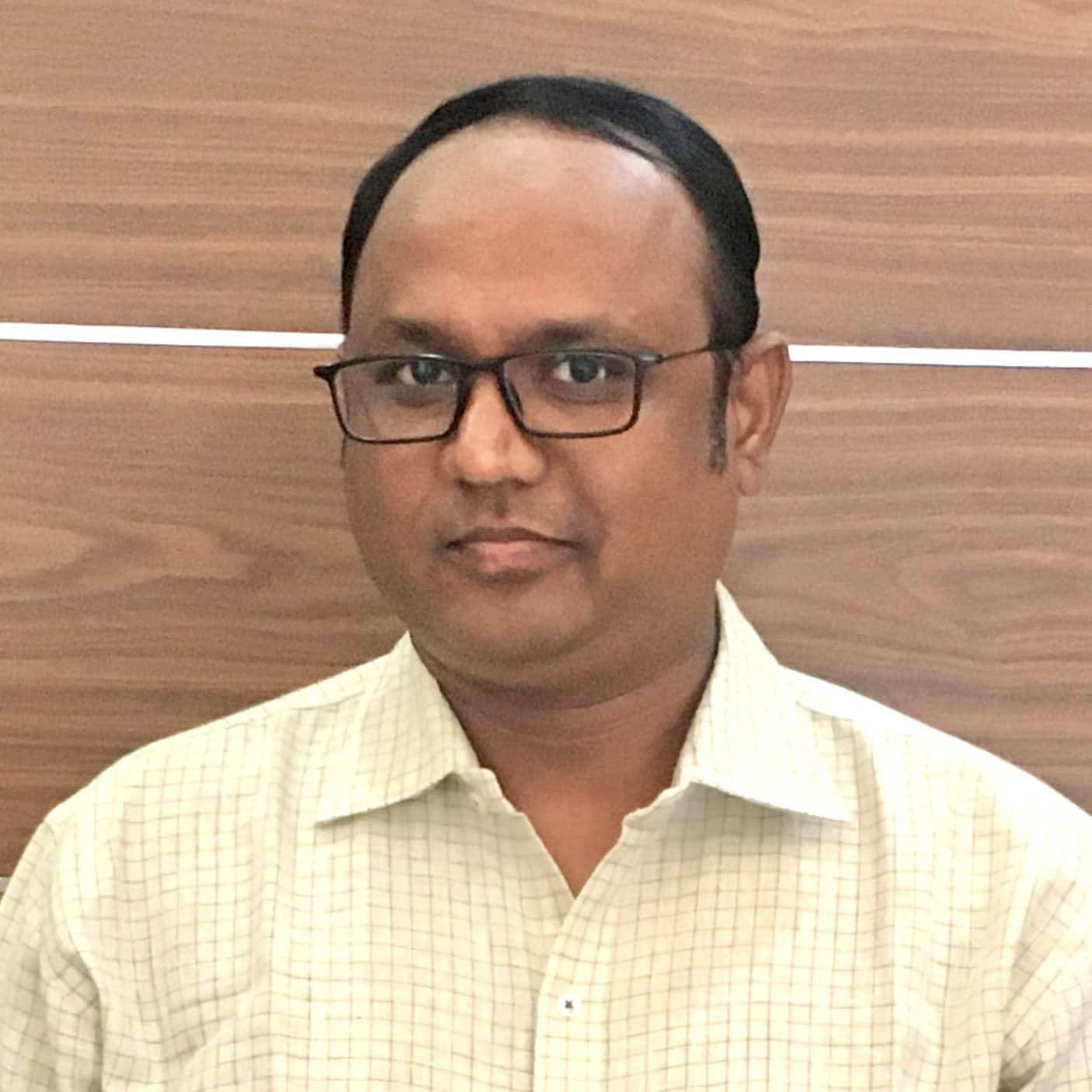
Dr. Bhagwan Rekadwad
Associate Professor
-
PhD: Swami Ramanand Teerth Marathwada University (SRTMU) (2014)
-
rekadwad@gmail.com
Dr. Bhagwan conferred a PhD for his research on “the prokaryotic diversity of hot springs” in 2014. After his postdoc at DBT-NCCS, Pune, he joined “the Oxford of the East”, the Savitribai Phule Pune University, Pune, as an Assistant professor. He currently serves as an Associate Professor of Microbiology, Yenepoya Research Centre, Yenepoya (Deemed to be University), Mangalore, India. Dr. Bhagwan also serves as an expert on international and national grant panels. In the years 2022 and 2023, he was twice ranked on the AD World Scientific Ranking. He is an expert in genome based Microbial Systematics, Evolutionary Microbiology, Sequencing, and Bioinformatics.
Experience:
- 2023 – present − Associate Professor, Yenepoya Research Centre, Yenepoya (Deemed to be University)
- 2020 –2023 − Assistant Professor, Yenepoya Research Centre, Yenepoya (Deemed to be University), Mangaluru, Karnataka, India
- 2020 –2020 − Research Fellow, CSIR-National Chemical Laboratory, Pune
- 2019 – 2020 − Assistant Professor, Institute of Bioinformatics and Biotechnology (IBB), Savitribai Phule Pune University (SPPU), Pune, IND
- 2017 – 2019 − Postdoc, DBT-National Centre for Cell Science (DBT-NCCS), Pune
- 2014 – 2017 − Postdoc, School of Life Sciences, Swami Ramanand Teerth Marathwada University
- 2014 –2016 − Editorial Administrative Assistant, SRTMU’s Research Journal of Science (additional)
- 2014 – 2016 − Lecturer, School of Life Sciences, School of Life Sciences, Swami Ramanand Teerth Marathwada University (additional)
- 2014 – Lecturer, Vasantrao Kale Senior College
Awards/Honors/Grants/Fellowships/Recognitions:
- 2018 − International Travel Grant, DST-SERB, Govt. of India (GOI)
- 2018 − International Travel Bursary Award
- 2018 − Young Scientist Award
- 2014 – Postdoc award
- 2012 − Senior Research Fellowship
- 2010 − Junior Research Fellowship
Research Interests/Area:
Evolutionary Microbiology, Microbial Ecology and Systematics, Microbiome, Bioinformatics, Marine Microbiology, Antimicrobial Resistance (AMR)
Research:
Microbiome is diverse, found in environment and organisms as well. Existing cell numbers are many folds more than host’s own cells. Naturally and artificially organisms acquire phylogenetically diverse microbiome at given time and their genes expresses with host’s genes or within host’s body. Physiological and molecular synapses were preceded over period of time as functions of expressed microbial genes and produced metabolites. To assess functions and roles of every microbial group, radically different methodologies were employed. Completed investigation consists of use of advanced bioinformatics and new generation microbiology techniques. Basic microbiology techniques were also used to decipher characters of microorganisms. Future projects are focused employment of microbiota and discovering new facets of microbial life for sustainable developments for benefits of mankind.
- Rekadwad BN*, Li WJ, Rekha PD. The diversity of unique 1,4,5,6-Tetrahydro-2-methyl-4-pyrimidinecarboxylic acid coding common genes and Universal stress protein in Ectoine TRAP cluster (UspA) in 32 Halomonas species. BMC Research Notes. 2021 Aug 3; 14(1): 296. doi: 10.1186/s13104-021-05689-3. PMID: 34344424; PMCID: PMC8330102.
- Shah S, Chand K, Rekadwad B, Shouche YS, Sharma J, Pant B. A prospectus of plant growth promoting endophytic bacterium from orchid (Vanda cristata). BMC Biotechnol. 2021 Feb 22; 21(1): 16. doi: 10.1186/s12896-021-00676-9. PMID: 33618710; PMCID: PMC7901085.
- Gonzalez JM, Puerta-Fernández E, Santana MM, Rekadwad B. On a non-discrete concept of prokaryotic species. Microorganisms. 2020 Nov 4; 8 (11). doi: 10.3390/microorganisms8111723. PMID: 33158054; PMCID: PMC7692863
- Shah S, Shah B, Sharma R, Rekadwad B, Shouche YS, Sharma J, Pant B. Colonization with non-mycorrhizal culturable endophytic fungi enhances orchid growth and indole acetic acid production. BMC Microbiology. 2022 Apr 13; 22(1): 101. doi: 10.1186/s12866-022-02507-z. PMID: 35418028; PMCID: PMC9006483.
- Rekadwad B*, Khobragade C. A case study on effects of oil spills and tar-ball pollution on beaches of Goa (India). Marine Pollution Bulletin. 2015; 100(1): 567-570. PMID: 26323861. doi: 10.1016/j.marpolbul.2015.08.019
OPPORTUNITIES
We have space to acquire PhDs and Postdoc in our research area. Interested candidate can write to Bhagwan.
